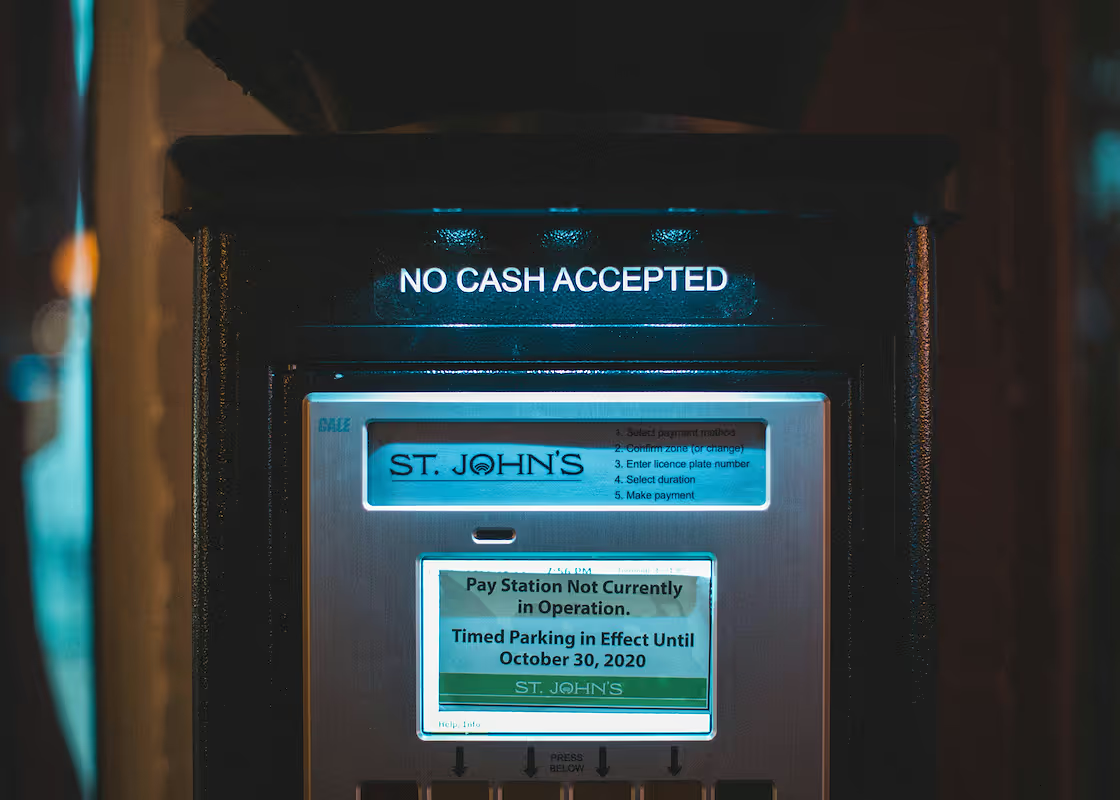
Kudos has partnered with CardRatings and Red Ventures for our coverage of credit card products. Kudos, CardRatings, and Red Ventures may receive a commission from card issuers. Kudos may receive commission from card issuers. Some of the card offers that appear on Kudos are from advertisers and may impact how and where card products appear on the site. Kudos tries to include as many card companies and offers as we are aware of, including offers from issuers that don't pay us, but we may not cover all card companies or all available card offers. You don't have to use our links, but we're grateful when you do!
Does Cash Advance Affect Your Credit Score?
July 1, 2025


Quick Answers
A cash advance itself is not reported to credit bureaus, so the act of taking one will not directly affect your credit score.
However, it instantly increases your credit utilization ratio—a key factor in credit scoring—which can lower your score if the new balance is too high.
The steep interest rates and fees can make the debt difficult to clear, risking a cycle of high balances or missed payments that will damage your credit.
What Is a Cash Advance?
A cash advance is a short-term loan you can take against your credit card's line of credit. It allows you to withdraw physical cash from an ATM or a bank, much like you would with a debit card. Unlike a standard purchase, this transaction is recorded differently and typically comes with a separate, often higher, interest rate.
While the act of taking a cash advance isn't directly reported to credit bureaus, it can indirectly affect your credit score. The amount borrowed is added to your total credit card balance, which increases your credit utilization ratio. A higher utilization ratio can negatively impact your score, as it's a significant factor in how credit scoring models calculate your financial health.
How a Cash Advance Could Affect Your Credit Score
While the act of taking a cash advance isn't directly reported to credit bureaus, its consequences can ripple through your finances and indirectly harm your credit score over time.
- Your Credit Utilization Rises: A cash advance instantly increases your credit card balance, which in turn raises your credit utilization ratio. A higher ratio can negatively impact your score, as lenders see it as a sign of financial risk.
- Interest Accumulates Immediately: Cash advances typically come with higher interest rates than standard purchases and have no grace period. This means your debt begins to grow from the first day, making it more difficult to pay down.
- Payment Difficulties Emerge: The combination of a higher balance and steep, immediate interest can strain your ability to make on-time payments. The larger the debt becomes, the higher the risk of falling behind.
- Late Payments Get Reported: If you miss a payment, your creditor will report this delinquency to the credit bureaus. This is the final step where the indirect effects become a direct hit, as late payments can significantly lower your credit score.
How Much Will a Cash Advance Affect Your Credit Score?
A cash advance doesn't directly lower your credit score, but its ripple effects can. Understanding these indirect consequences is key to protecting your credit health. Here are a few things to consider.
- Credit Utilization. A cash advance increases your credit card balance, which can raise your credit utilization ratio. A higher ratio can negatively impact your score as it suggests greater financial risk to lenders.
- High-Interest Debt. Cash advances typically have very high interest rates that start accruing immediately. This can make your balance grow quickly, potentially leading to payment difficulties that can harm your credit.
How You Can Avoid Cash Advance Affecting Your Credit Score
Prompt Repayment is Key
Cash advances begin accruing high interest immediately. To mitigate the impact on your credit, repay the amount as quickly as you can. This strategy prevents the debt from growing and keeps your credit utilization ratio low, which is a crucial factor for your score.
Explore Alternatives
The best way to avoid a negative impact is to not take a cash advance at all. Look into personal loans, which may offer better interest rates and terms. Borrowing from family or friends, if possible, is another alternative that sidesteps credit reporting entirely.
Ways to Improve Your Credit Score
Improving your credit score is not only possible but achievable through consistent, positive financial behaviors. An expert guide outlines several proven methods you can use to boost your score, with meaningful changes often visible within three to six months.
- Monitor your credit reports. Regularly check your reports from Experian, TransUnion, and Equifax to identify and dispute inaccuracies, which can unfairly lower your score.
- Set up automatic bill payments. Your payment history is the most significant factor in your score, so ensuring timely payments is a critical first step.
- Reduce your credit utilization ratio. Aim to keep your credit usage below 30% of your total available credit to show lenders you aren't overextended.
- Become an authorized user. Being added to a credit card account with a long history of on-time payments and low utilization can help build your own credit profile.
- Diversify your credit mix. Lenders like to see that you can responsibly manage different types of credit, such as installment loans and revolving credit accounts.
- Limit hard inquiries. Avoid applying for too much new credit in a short period, as multiple hard inquiries can temporarily lower your score.
The Bottom Line
A cash advance doesn't directly impact your credit score, but its high APR and effect on your credit utilization ratio can indirectly lower it if not managed carefully.
Frequently Asked Questions
Do cash advances directly lower your credit score?
Not directly. However, the high interest rates can increase your credit utilization ratio and overall debt, which can negatively impact your score over time if not managed.
How does a cash advance appear on my credit report?
A cash advance is not listed separately. It is simply added to your credit card's outstanding balance, which can increase your reported credit utilization ratio.
Will paying off a cash advance quickly improve my credit score?
Paying it off quickly helps avoid high interest and lowers your credit utilization. While this is a positive action, it won't necessarily provide an immediate boost to your score.

Supercharge Your Credit Cards
Experience smarter spending with Kudos and unlock more from your credit cards. Earn $20.00 when you sign up for Kudos with "GET20" and make an eligible Kudos Boost purchase.
Editorial Disclosure: Opinions expressed here are those of Kudos alone, not those of any bank, credit card issuer, hotel, airline, or other entity. This content has not been reviewed, approved or otherwise endorsed by any of the entities included within the post.





















.webp)
.webp)
.webp)
.webp)















